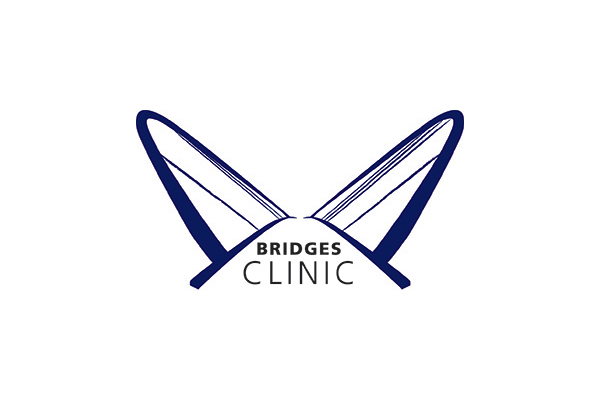A pacemaker is a small electrical device, fitted in the chest or abdomen. It’s used to treat some abnormal heart rhythms (arrhythmias) that can cause your heart to either beat too slowly or miss beats. Some pacemakers can also help the chambers of your heart beat in time.
How does a pacemaker work?
Your heart’s sinus node is your natural pacemaker (located in the upper right chamber of the heart). It sends an electrical impulse to make your heart beat. The job of a pacemaker is to artificially take over the role of your sinus node if it isn’t working properly.
Electrical impulses are sent by the pacemaker to stimulate your heart to contract and produce a heartbeat. Most pacemakers work just when they’re needed – on demand. Some pacemakers send out impulses all of the time. This is called fixed rate.
Pacemakers do not give your heart an electrical shock.
How are pacemakers fitted?
Pacemakers are fitted under a local anaesthetic with sedation, so you’ll feel very sleepy. It typically takes between one and two hours to have one fitted, but it can take longer if you’re having other heart surgery at the same time.
Why do I need a pacemaker?
- you have a particular type of heart block – a delay in the electrical signals travelling through the heart, that can make the heart beat too slowly
- your heart is beating too fast and this is not effectively controlled by medication
- you have heart failure, which may cause your heart to pump out of sync.
Having a pacemaker can greatly improve your quality of life and for some people it can be life saving.
Most pacemakers are very reliable and comfortable. They’re smaller than an average matchbox and weigh about 20 to 50 grams. A pacemaker sits just under your collarbone and will have one or more leads which are placed into your heart through a vein.
What are the different types of pacemakers?
- pacemakers with one lead are called single chamber pacemakers
- pacemakers with two leads are called dual chamber pacemakers
- pacemakers with three leads are called biventricular pacemakers
How long will it take to have the pacemaker fitted?
After the pacemaker is fitted, you’ll usually stay overnight in hospital and your pacemaker will be checked thoroughly before you leave. Serious complications from pacemakers are very unusual.
How quickly will I recover after having a pacemaker fitted?
It’s normal to feel tired for a few days after having your pacemaker fitted, but most people find that they’re able to get back to their normal lifestyle fairly quickly. You’re not allowed to drive a car for at least a week after your pacemaker is fitted.
